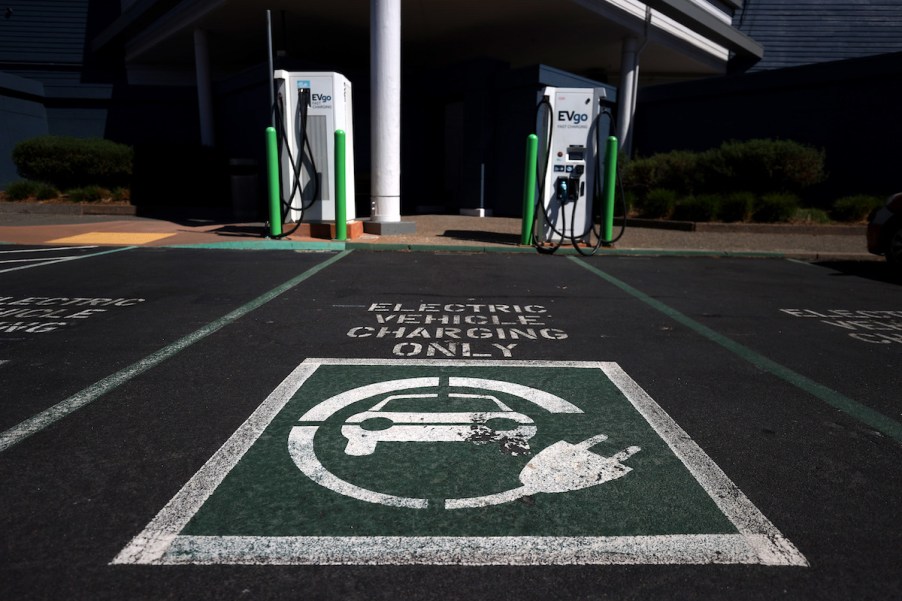
Can You Buy Chinese Electric Cars in the United States?
For years China has dominated EV sales, but it’s primarily been in its own country’s markets. Will these automakers bring prime competition to the production of electric vehicles for American consumers? Let’s take a look.

Are there Chinese electric cars in the United States?
China entered the automotive market decades after the U.S. when internal combustion engines were the primary power source. The sizeable Asian country was limited to selling cars on Chinese soil.
But, now that they’ve dipped into EV technology, opportunities to expand to American markets and other countries are opening up. Are they selling any electric cars in the United States currently, though?
Well, technically, the answer is no; there aren’t any Chinese automakers directly selling electric vehicles on American soil. However, there is the Polestar brand, which is produced by Volvo, a company purchased by the Chinese automaker Zhejiang Geely Holding Group, according to Capital.com.
The vehicles are built in China but are exported to the U.S. (and other countries) for sale. The Polestar 3 is set to get produced in the company’s Volvo plant in South Carolina in the near future, though.
There’s also the BYD Auto company that builds electric buses out of a Lancaster, CA plant, but those are marketed commercially instead of residentially.
What’s stopping Chinese automakers from selling EVs in America?
Currently, there are two main reasons why we don’t see too many Chinese automakers producing vehicles for the North American market. The first is an old concept called the “chicken tax.” This fee is imposed on certain companies for goods imported to the United States.
The tariff came about in the 1960s when other countries imposed a tax on U.S. chicken sold in European markets. Upset over the price increase, Lyndon Johnson decided to get back by increasing tariffs by 25% on certain goods, including light pickup trucks. To this day, it’s still being implemented, despite some changes made to it over the years, according to The Washington Post.
Another more recent issue stems from the Inflation Reduction Act of 2022. While in the past, many EV sales came with a federal tax credit for consumers as an incentive to buy electric, this new act by U.S. officials changed which electric vehicles qualify for those incentives.
Nowadays, the credit is only for EVs produced in North America, which eliminates foreign markets like China, Russia, and Iran, to name a few.
Will Chinese companies sell on the North American market?
Despite the issues from trade tariffs and the elimination of the federal tax credit, some Chinese automakers plan to expand into the American market. To get around the increased costs, some of these companies plan to move manufacturing plants onto U.S. soil, so the cars are produced locally instead of in a Chinese plant.
Nio, one Chinese automaker, currently sells vehicles in Norway, but there are plans to reach the North American market soon. The company planned to begin with gasoline-powered cars and then move to EVs shortly after that.
XPeng is another Chinese-based company that sells vehicles. However, it focuses its sales on Norway and will move on to Sweden and the Netherlands. No immediate plans were made for the American market, but with other Chinese automakers moving west, it’s likely it will soon follow.
China makes plenty of sales in the domestic and European markets, but due to some limitations, selling on U.S. soil has been pretty elusive. However, that’s about to change in the next few years, as some China automakers are making plans to move operations to the United States.


